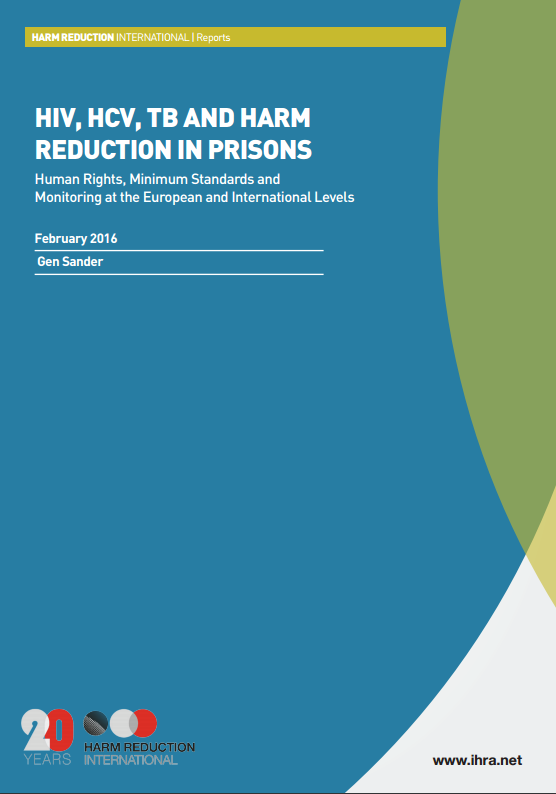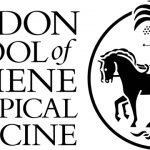HIV, HCV, TB and Harm Reduction in Prisons – Human Rights, Minimum Standards and Monitoring at the European and International Levels
Posted by Share-Net NL on June 2, 2016 at 7:57 am

Introduction
This report is part of the European Union cofunded project “Improving Prison Conditions by Strengthening Infectious Disease Monitoring”, led by Harm Reduction International. The project aims to reduce ill treatment of people in detention and improve prison conditions through more comprehensive and standardised monitoring of the human immunodeficiency virus (HIV), hepatitis C virus (HCV), tuberculosis (TB) and harm reduction.
The research element of the project has two components. The first includes mapping the current situation relating to HIV, HCV, TB and harm reduction in prisons in seven European countries (Greece, Ireland, Italy, Latvia, Poland, Portugal and Spain), as well as the working practice of human rights-based prison monitoring mechanisms in these countries, with particular reference to HIV, HCV, TB and harm reduction. The second research component is the subject matter of this report, which maps the existing regional and international public health and human rights standards relating to HIV, HCV, TB and harm reduction in prisons, along with the mandate and practice of regional and international human rights-based prison monitoring mechanisms in this regard.
This research was used to develop a userfriendly tool, Monitoring HIV, HCV, TB and Harm Reduction in Prisons: A Human Rights-Based Tool to Prevent Ill Treatment (available on Harm Reduction International’s website) to help generate better informed, more consistent, and sustained monitoring of HIV, HCV, TB and harm reduction in prisons by national, regional and international human rights-based prison monitoring mechanisms, such as the European Committee for the Prevention of Torture and Inhuman or Degrading Treatment or Punishment (CPT), the UN Subcommittee for the Prevention of Torture and other Cruel, Inhuman or Degrading Treatment or Punishment (SPT), and National Preventive Mechanisms (NPMs) or National Human Rights Institutions. These mechanisms, not yet engaged by the harm reduction sector, are therefore the main target of this report.
The parameters of this project were purposely kept narrow to ensure feasibility. As such, the focus is on issues specifically relating to HIV, HCV, TB and harm reduction in the context of prisons that accommodate adults, and the standards that relate to these. Juveniles and other places of detention – including police cells, psychiatric hospitals and immigration detention centres – are not specifically addressed in this research. While this work certainly remains applicable to these populations and settings, they also require specific attention, provisions and measures; more research and monitoring tools in these areas are therefore needed and encouraged.
This report is not meant to be prescriptive, nor is it a revision of existing standards on health in prisons. It is an overview of prisoners’ health rights in relation to HIV, HCV, TB and harm reduction, as well as a broader collection of minimum standards and guidelines – drawn from both the public health and human rights fields – than what is normally applied by human rights-based prison monitoring mechanisms.
For the full article visit: HIV, HCV, TB AND HARM REDUCTION IN PRISONS



